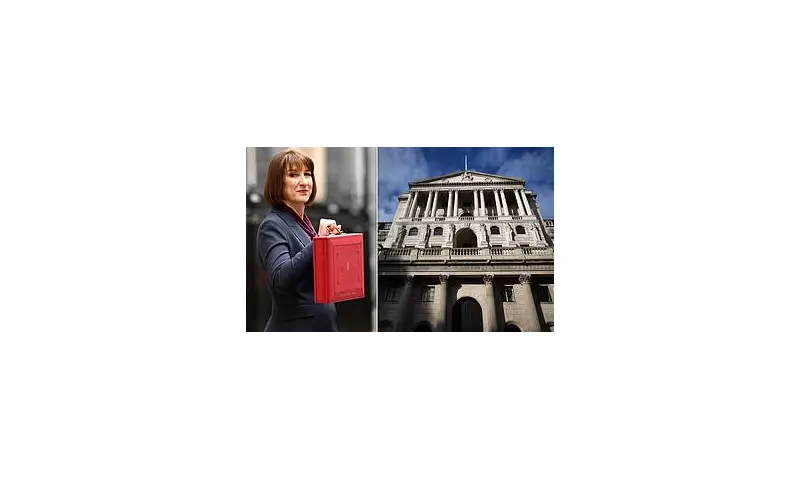
Chancellor Rachel Reeves is gearing up to unveil substantial tax rises in the forthcoming Autumn Budget, as the government scrambles to fill a staggering £50bn fiscal gap. Economists have raised alarms over the potential impact on households and businesses.
Economic Crisis Looms
The Treasury faces mounting pressure to stabilise the UK’s finances, with experts warning that without drastic measures, the country could plunge deeper into economic turmoil. The £50bn shortfall has been attributed to sluggish growth, rising public debt, and post-pandemic recovery costs.
What to Expect in the Budget
Speculation is rife that the Chancellor may target:
- Income tax adjustments for higher earners
- Increases in capital gains and dividend taxes
- Potential reforms to inheritance tax
- New levies on wealth and property
These measures could mark the most significant tax overhaul in decades, with middle-class families likely to bear the brunt.
Economists Sound the Alarm
Leading financial analysts have cautioned that aggressive tax hikes could stifle economic recovery. "While fiscal consolidation is necessary, excessive taxation risks damaging consumer confidence and business investment," warned one prominent economist.
The Autumn Budget announcement, expected in November, will be closely watched as the government attempts to balance economic stability with political realities.





